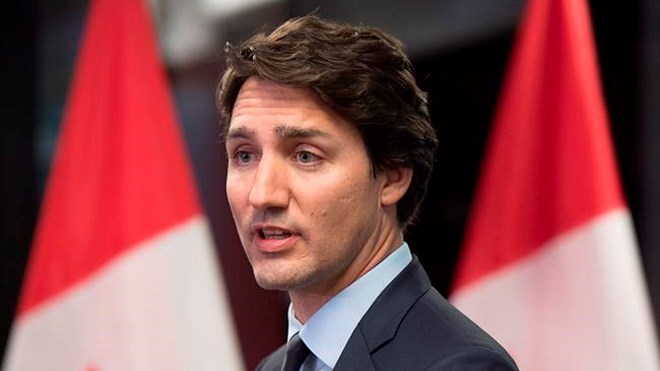Editor's note: The following is a response to the letter titled “Electoral reform will take more than a few years, says MP,” published March 5
I initially felt somewhat betrayed when it was announced that in 2019 Canada will still elect our government the same way did in 1867. I have had time to think.
I attended the town hall for electoral reform hosted by MP (Paul) Lefebvre in the fall of 2016. I left leaving that town hall proud of Sudbury, and hopeful for the future of democracy in Canada.
In retrospect, I completely concur with MP Lefebvre, “From it, there was indeed clear support for proportional representation, as there was nationally, but no consensus on what form it would take or how to implement it.”
As a climate activist, I know that until we have electoral reform, the climate will never be safe.
The facts are governments elected by PR have better track records on addressing environmental issues.
In 2012, when Canada became the only country to formally withdraw from the Kyoto Protocol, it made me wonder if we are living in a false democracy. Despite the fact that 80 per cent of Canadians wanted action on climate change, a party that only got 39 per cent of the vote in 2011 was making 100 per cent of the decisions.
Two countries with terrible track records on addressing the climate crisis, Canada and the USA, still use first-past-the-post-balloting system (FPTP). In FPTP, the winner takes all regardless of what percentage of the votes she or he gets.
Almost of all of Europe uses some form of proportional representation (PR), except Britain. There are many forms of PR. Some forms of PR are somewhat disastrous. Thus, we must be careful what form of PR we put in place.
I specifically like Mixed Member Proportional Representation (MMPR) because I get to pick my MP. It is a hybrid of our current FPTP and PR. You get two votes: you still vote for your local MP using the FPTP system and then you also vote for a regional MP by voting for the political party and they select the representative. Germany and New Zealand both have MMPR.
I know firsthand that significant change requires time. As a grassroots climate lobbyist since 2010, I have been helping volunteers across Canada lobby for a very specific form of a national and revenue-neutral carbon tax: carbon fee and dividend.
We now have an over-arching national and revenue-neutral carbon price (not carbon fee and dividend) and not surprisingly, Canada’s greenhouse gas targets are woefully inadequate. Our work is far from done, but we are headed in the right direction at long last.
I also concur with MP Lefebvre’s perspective, “Reforming it is going to take more than a couple of years. And it’s probably best if the process is not driven by politicians, political parties, and political leaders.” He has put his trust in us.
I, too, trust my fellow Canadians. We have the highest percentage of adults with tertiary education in the OECD nations. Our national identity is to be polite.
We are multicultural and open-minded. Additionally, only two per cent of Canadians belong to political parties – thus we are much less prone to being tribal than our neighbours to the south.
I have great hope that if we all work together in Canada with skillful critical thinking in our minds, compassion in our hearts and truth our lips, we will have an appropriate electoral system into the 21st century.
Cathy Orlando
Sudbury
